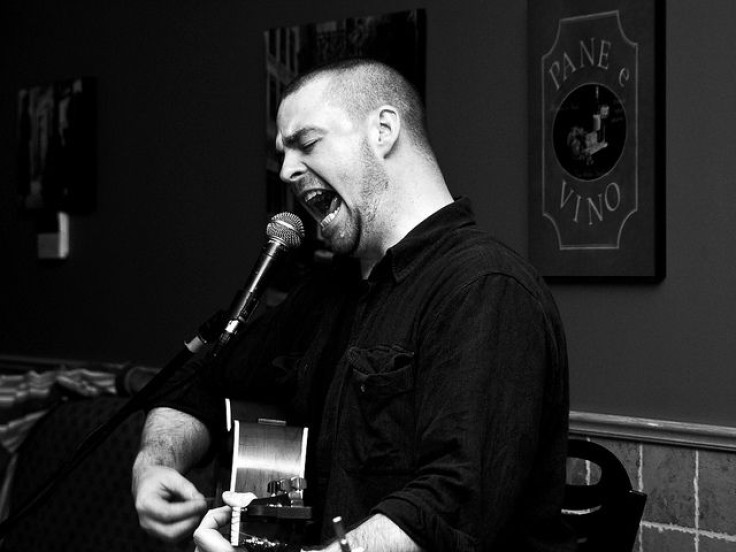Musicians' Tinnitus And Other Noise-Induced Hearing Loss Far More Common Than General Public's

Engulfing our ears in massive headphones and blasting them with loud noise is almost certain to ruin our hearing. But professional musicians, whose instruments aren’t pounding noise directly into their ear drums, may also be at an increased risk for tinnitus and other forms of hearing loss, a new study finds.
Noise-induced hearing loss (NIHL) can be the result of two different forces: acoustic trauma and gradual development. While experts argue that short bursts of noise around 120dB, or your average rock concert, won’t necessarily damage your hearing forever, sustained exposure to noises above 80dB — such as performing at your average rock concert night after night — probably will.
"Given the number of professional musicians and the severity of the outcome, leading to occupational disability and severe loss of quality of life, hearing loss in [this group] is of high public health importance," the authors of the study noted in their report.
Out of the roughly three million people evaluated for the study, 2,227 were professional musicians — including guitarists in rock bands and classical pianists. The team checked health insurance records for any signs of hearing loss across a four-year period. Out of the entire crop of people, 238 were singled out as professional musicians with some form of noise-induced hearing loss.
Even after controlling for age, which naturally saps a person’s hearing power, the team found musicians were almost four times as likely to have some level of deafness and were 57 percent more likely to have tinnitus, a persistent ringing or buzzing of the ears. The study cuts across prior research that shows musicians’ hearing sensitivity may increase with noise exposure, the researchers claim.
However, they do have some science on their side. A 2013 study found that French horn players are the most susceptible to hearing loss, at 47 percent of subjects reporting some loss. Researchers found only 18 percent of French horn players were using ear protection while they played. Further back, a 2010 study discovered that orchestra members were exposed to 81-90 dB for 21 to 48 hours a week. This is despite many countries establishing the safe threshold for loudness at 85 dB for 30 minutes a day.
Hearing loss among musicians is akin to arthritis for artists. Taking away the ability to play an instrument not only threatens a skill; it threatens a person’s ability to sustain an income. "Even mild hearing loss,” said Ian O’Brien, author of the study of French horn players, “can result in difficulties discriminating pitch, abnormal loudness growth, and tinnitus, all of which can affect a musician's ability to perform, subsequently jeopardizing his or her livelihood.”
The present researchers call for an increased use of hearing protection and concert hall designs that shield musicians from the sound they produce. The dangers aren’t simply a product of poor hobby choice, they point out. Occupational disability and quality of life are at stake.
Source: Schink T, Kruetz G, Busch V, Pigeot I, Ahrens W. Incidence and relative risk of hearing disorders in professional musicians. Workplace. 2014.



























